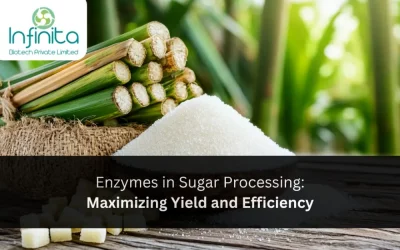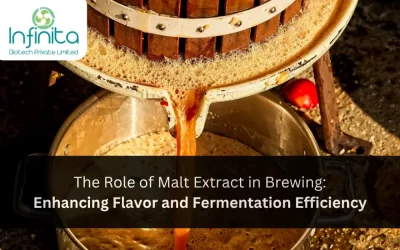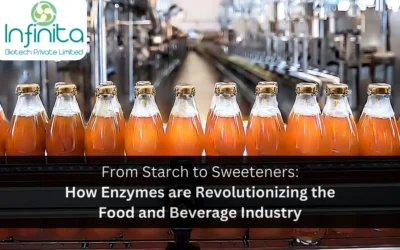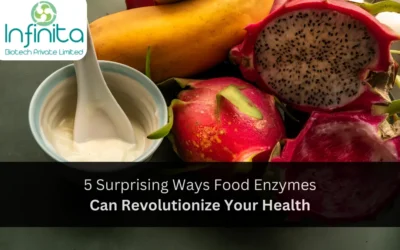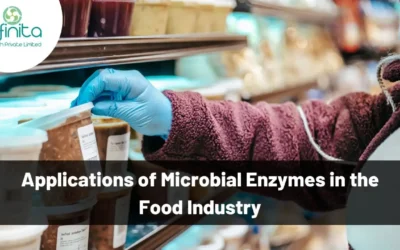The food industry is undergoing a major transformation, and at the heart of this shift is a quiet yet powerful player: enzymes. As consumer demand veers towards transparency, sustainability, and health-conscious choices, food producers are turning to enzyme-based solutions to meet clean-label expectations—without compromising on taste, texture, or shelf life. Clean-label isn’t just a buzzword anymore. It’s a movement. And enzymes are making it possible.
What Does “Clean Label” Mean in the Food Industry?
The term “clean label” refers to food products that contain fewer, more natural, and easily recognizable ingredients. Think of labels free from artificial additives, preservatives, and synthetic chemicals. Consumers today want food that not only tastes good but is also made with integrity and minimal processing.
For the food industry, this poses both a challenge and an opportunity: how do you produce consistent, high-quality products with fewer artificial ingredients? The answer lies in the intelligent use of enzymes.
Enzymes: Nature’s Catalysts
Enzymes are biological proteins that accelerate chemical reactions. In food processing, they help break down complex molecules, improve texture, enhance flavour, and extend shelf life—all without the need for artificial chemicals.
What makes enzymes especially appealing is that they’re naturally occurring and biodegradable. They don’t leave behind residues, don’t require special labeling, and can often replace multiple synthetic ingredients in a single formulation. That’s a win-win for both manufacturers and health-conscious consumers.
Applications Across the Food Industry
- Bakery: Enzymes like amylases and xylanases help improve dough strength, softness, and shelf life. They reduce the need for emulsifiers or chemical preservatives while enhancing the overall texture and volume of bread and pastries.
- Dairy: Lactases and proteases enhance milk digestibility and improve cheese production. They allow brands to offer lactose-free or low-lactose options naturally, aligning with clean-label goals.
- Beverages: In juices and alcoholic drinks, enzymes help clarify the final product, enhance extraction, and reduce cloudiness without using synthetic clarifying agents.
- Sugar and Starch Processing: Enzymatic hydrolysis plays a major role in converting starches into simpler sugars for syrups, sweeteners, and fermentable bases, making the entire process cleaner and more efficient.
Companies like Infinita Biotech are leading this enzyme innovation, offering tailored solutions for every segment of the food industry—helping brands reformulate for better nutrition, cleaner ingredients, and improved sustainability.
Meeting Consumer Expectations Without Compromise
Today’s consumers are savvy. They read labels. They Google ingredients. They avoid unfamiliar terms. For food brands, maintaining transparency while delivering delicious, shelf-stable products is a delicate balance.
This is where enzyme technology shines. It lets manufacturers remove or reduce additives like calcium propionate (a preservative) or DATEM (a dough conditioner) without sacrificing product quality. And since enzymes are considered processing aids, they typically don’t even need to be listed on product labels—making them ideal for clean-label formulations.
Sustainability and Cost Efficiency
Beyond health and nutrition, enzymes offer a more sustainable alternative to chemical processing. They operate under milder conditions, consume less energy, and generate minimal waste. For large-scale manufacturers, this translates to lower environmental impact and more efficient operations.
Infinita Biotech’s enzymatic solutions are not only clean-label compliant but also designed to increase yield, reduce wastage, and optimize resource use. For a food industry under pressure to go green, enzymes provide a highly scalable answer.
Conclusion
The food industry is embracing a new era—where transparency, health, and sustainability take centre stage. Enzymes are at the core of this evolution, enabling food brands to reformulate products that are not only cleaner but also better-performing and more eco-friendly.
With companies like Infinita Biotech paving the way through innovative enzyme technology, clean-label solutions are no longer a niche trend—they’re becoming the new standard. The future of food isn’t just about what’s on the label; it’s about how intelligently it was made. And enzymes are leading that revolution.
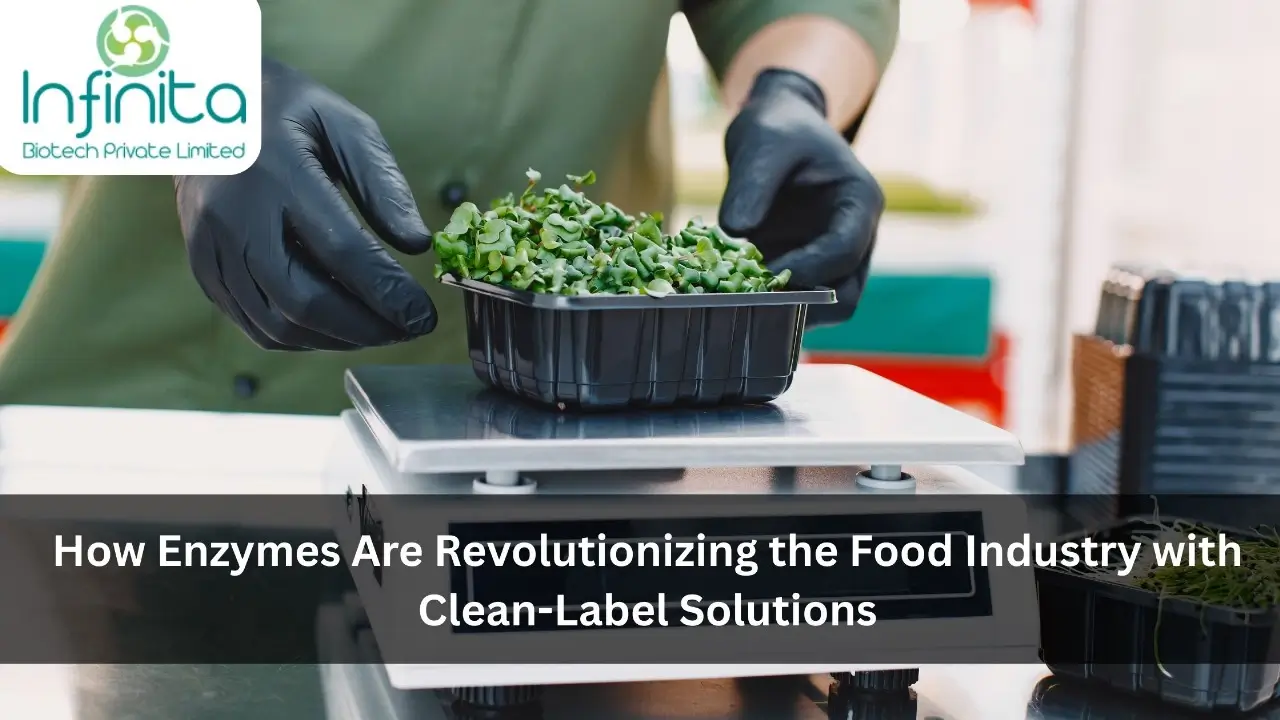
 Summarize this Article with AI
Summarize this Article with AI
